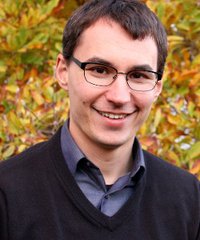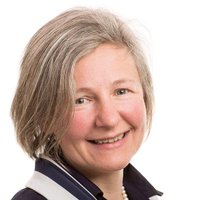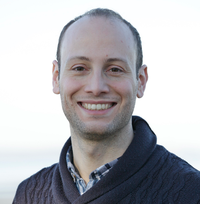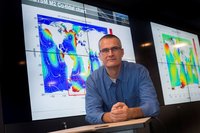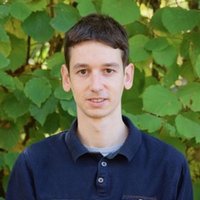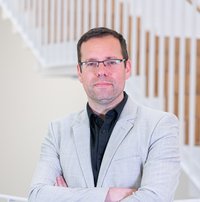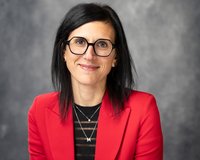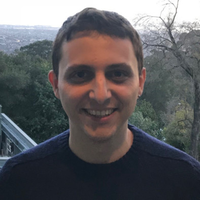Please register before 15 November
The Workshop on industrial applications of numerical analysis and machine learning will bring together researchers and practitioners to discuss modern challenges at the intersection of applied mathematics and machine learning. The schedule contains a number of plenary and contributed talks discussing recent developments at the intersection of mathematics and machine learning, and alongside an Industry Day consisting of open discussions led by companies such as Fraunhofer, Deltares and ASML.
Industrial contributors will share their perspectives on major open machine learning challenges for their sector. This will motivate guided group breakout sessions where attendees will consider specific aspects of these challenges. Key questions will be shared in advance, to facilitate productive discussions, which will then be shared in a wrap-up session, and as a written output from the meeting.
This workshop is expected to lead to fruitful interactions between researchers in different fields, and industrial sectors. The schedule has been arranged to ensure lots of space for discussion, including a poster session which is open to all attendees.
